Along both sides of the roads leading to the northern communes of Dak Glei district ( Kon Tum ) are lush green hills of cold-climate coffee. For ethnic minorities, this is not only a crop that helps them escape poverty but also opens the way to get rich on their homeland. On the morning of March 11, Dak Lak province organized the International Trade Conference - Connecting and Elevating Vietnamese Coffee in Buon Ma Thuot City. Attending the Conference were representatives of international organizations, provinces, and cities at home and abroad; delegates from units and enterprises specializing in the field of coffee processing and supply nationwide. At about 2:30 p.m. (local time), on March 11, the plane carrying General Secretary To Lam and his wife Ngo Phuong Ly and the high-ranking Vietnamese delegation arrived at Changi Airport, Singapore, starting an official visit to the Republic of Singapore from March 11 to 13, at the invitation of the Prime Minister of the Republic of Singapore, Secretary General of the Singapore People's Action Party (PAP) Lawrence Wong. On March 15, 2025, the super event - cultural festival with the theme "Steadfastly entering the new era" will be co-organized by Saigon - Hanoi Commercial Joint Stock Bank (SHB) and T&T Group (T&T Group) at My Dinh Stadium, Hanoi. The event was inspired by the Olympic opening ceremony with the torch relay, fire passing and sports activities, special exhibitions, and top-notch music programs gathering 15,000 people, including officers, employees, and workers of SHB and T&T Group. With the theme "National intangible cultural heritage of the Song Doc Whale Festival - Ca Mau 100 years of formation and development", Ca Mau province organized many activities at the Song Doc Whale Festival 2025, taking place from March 11 to 17, in Song Doc town, Tran Van Thoi district. On March 11, on the occasion of the 80th anniversary of the Ba To Uprising, the People's Committee of Ba To district (Quang Ngai) held the inauguration ceremony of the Ba To Digital Library. Gia Lai is one of 10 localities nationwide that have effectively implemented the program of eliminating temporary and dilapidated houses. With the goal of completing the elimination of 8,485 temporary and dilapidated houses before June 2025, Gia Lai province has been mobilizing all resources to help poor households, policy families, and meritorious people have stable and decent housing. Ban flowers are a typical symbol of the Northwest mountainous region. The flowers not only have a pure beauty but also carry a profound cultural value of this land. Ban flowers often grow in clusters, with soft, smooth petals, spreading a fragrant aroma. The white color of the Ban flowers seems to blend with the clouds and sky, creating a beautiful picture in the heart of Lai Chau mountain town. General news of the Ethnic and Development Newspaper. This afternoon's news on March 10 has the following notable information: Expectations to raise the value of Vietnamese coffee. A temple with a special pink color in An Giang. People who "pass on the fire" in San Diu culture. Along with other current news in ethnic minority and mountainous areas. On March 7, 2025, the Minister of Education and Training issued Circular 05/2025/TT-BGDDT regulating the working regime for general and university preparatory teachers. On the afternoon of March 10, at the Vietnam Women's Museum (Hanoi), the exhibition and launch of the photo book "Rising to Lang Nu Village" by Photographer Nguyen A attracted the attention of a large number of photography lovers and social organizations. On the morning of March 11, Dak Lak province organized the International Trade Conference - Connecting and Elevating Vietnamese Coffee in Buon Ma Thuot City. Attending the Conference were representatives of international organizations, provinces and cities at home and abroad; Delegates from units and enterprises specializing in the field of coffee processing and supply nationwide. Plan International Vietnam recently shared Vietnam's impressive results in the 2024 Girls' Leadership Index (GLI 2024). Accordingly, Vietnam is one of the few countries to achieve a perfect score (1.0) in the Law and Policy Index, reflecting an advanced legal policy system that comprehensively protects and promotes the rights of women and girls. Along both sides of the roads leading to the northern communes of Dak Glei district (Kon Tum) are lush green hills of cold-climate coffee. For ethnic minorities, this is not only a crop that helps them escape poverty but also opens the way to get rich on their homeland.
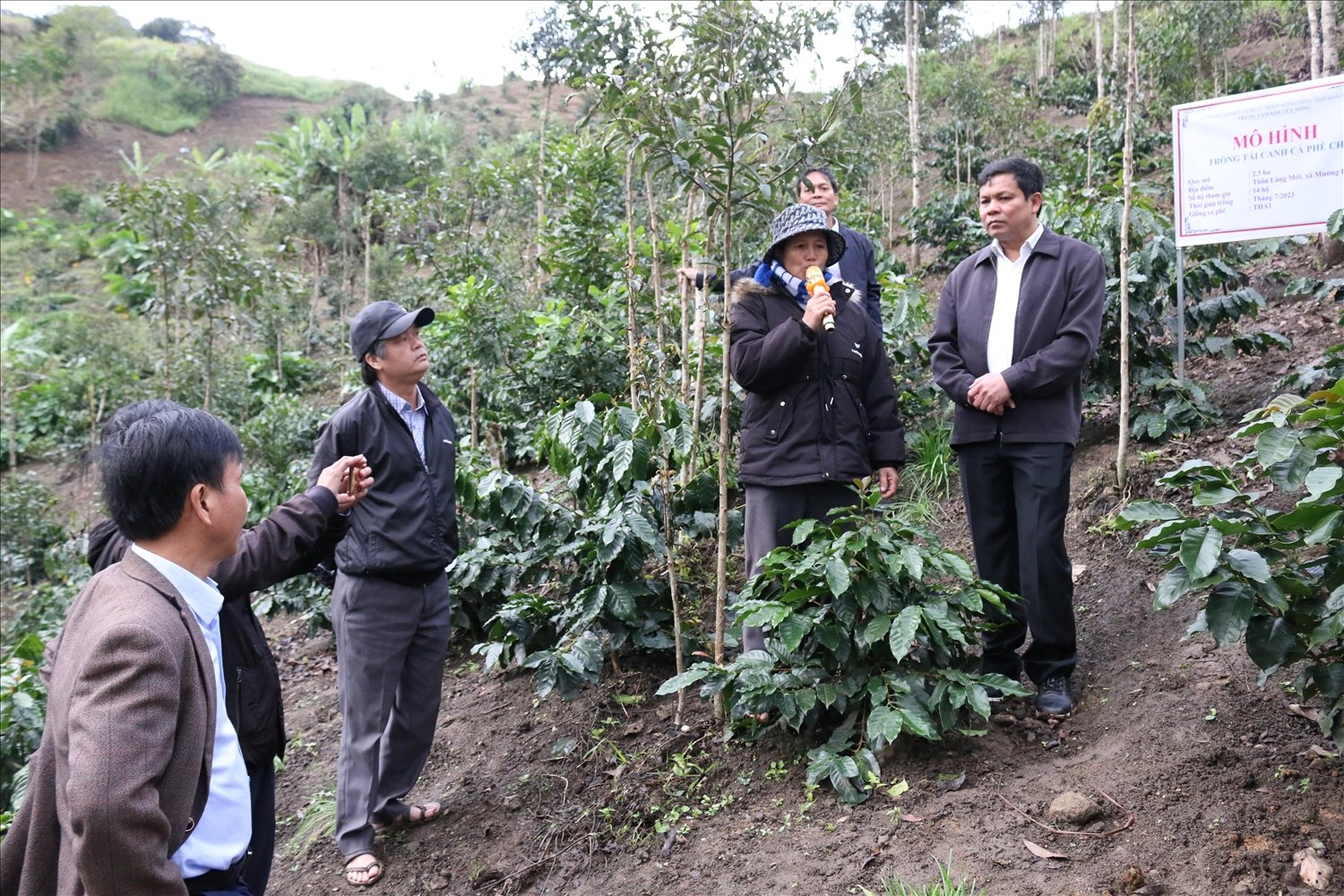
Identifying cold-climate coffee as one of the key crops to eliminate hunger and reduce poverty in ethnic minority areas, in recent times, Dak Glei district has integrated capital from national target programs and promoted the internal strength of the people to invest in growing cold-climate coffee.
To date, the district has 1,344 hectares of cold-climate coffee trees; mainly concentrated in the northern communes of the district, including: Dak Man, Dak Plo, Muong Hoong, Ngoc Linh, Dak Choong, Xop. Of which, the newly planted area in 2024 is 189 hectares; the area currently being harvested is 1,088 hectares. The total annual output of cold-climate coffee in the district reaches more than 1,320 tons.
Mr. A Khoai, Kon Liem village, Xop commune, Dak Glei district said: In 2016, his family was supported with 1,500 cold-climate coffee seedlings, fertilizers and pesticides from the Cold-climate Coffee Development Support Project to plant on an area of 3 sao. In 2018, the garden began to yield harvests, and now the family has grown to more than 1 hectare. Cold-climate coffee has helped his family escape poverty and have a more prosperous life.
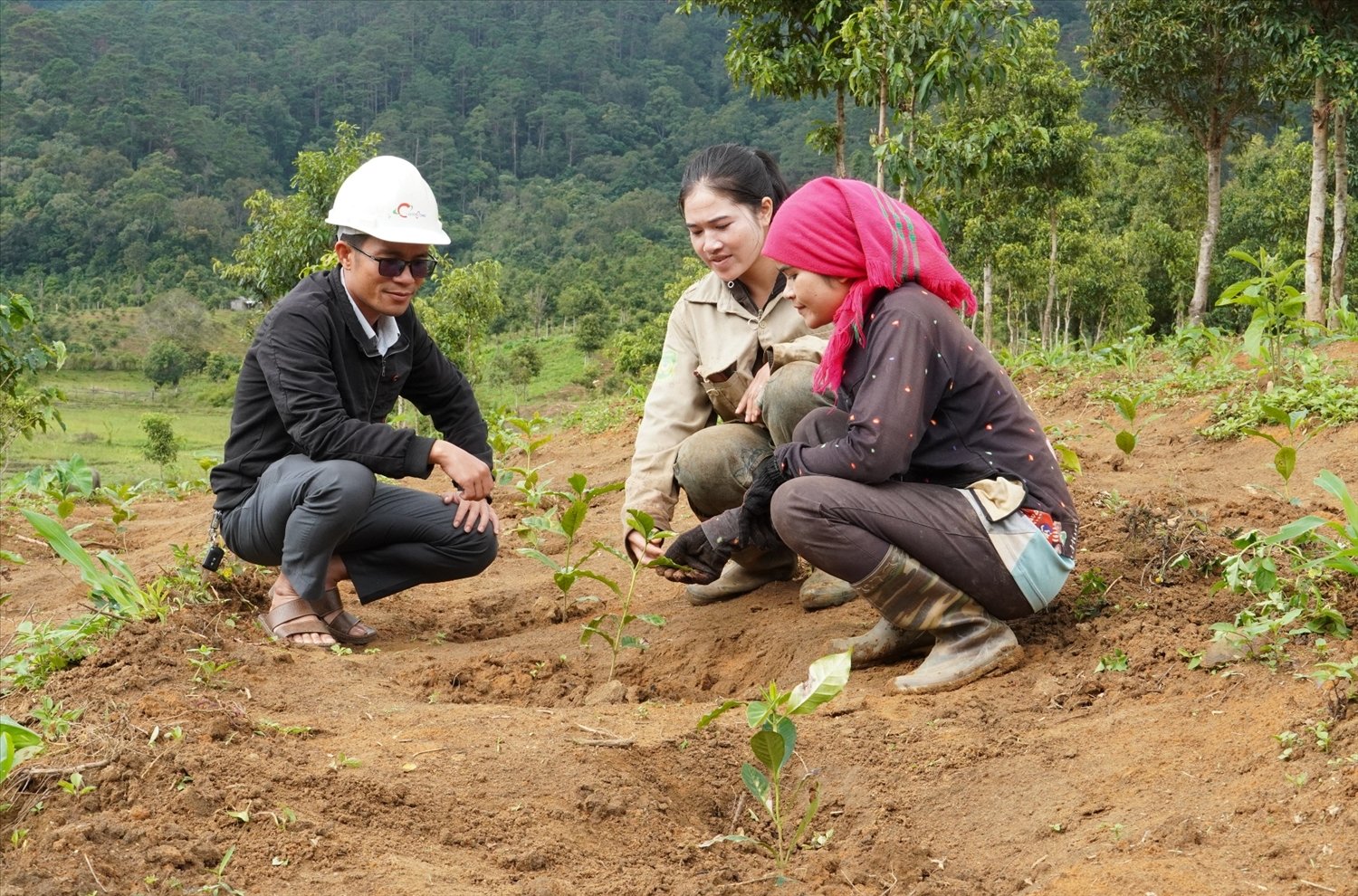
Through resources from Projects and National Target Programs, many poor households, near-poor households, households that have just escaped poverty within 36 months, and ethnic minority households have been supported to develop cold-climate coffee growing areas, creating a premise to increase household income and create positive changes in socio -economic development in ethnic minority areas.
Through practical implementation, cold-climate coffee trees are suitable for climate and soil conditions and planting and care techniques appropriate to the farming and production practices of ethnic minorities in Dak Glei district.
Ms. Y Ten, Kon Liem village, Xop commune, Dak Glei district said: From the capital of the National Target Program for Sustainable Poverty Reduction, in 2020, her family was supported with 2,000 seedlings, fertilizers, and agricultural materials to plant 4 new sao of cold-climate coffee. With the dedicated guidance of technical staff, her family applied the correct procedures for land preparation, fertilization, and pruning. After only 3 years of care, the garden bore fruit, creating a stable income for the family to escape poverty.
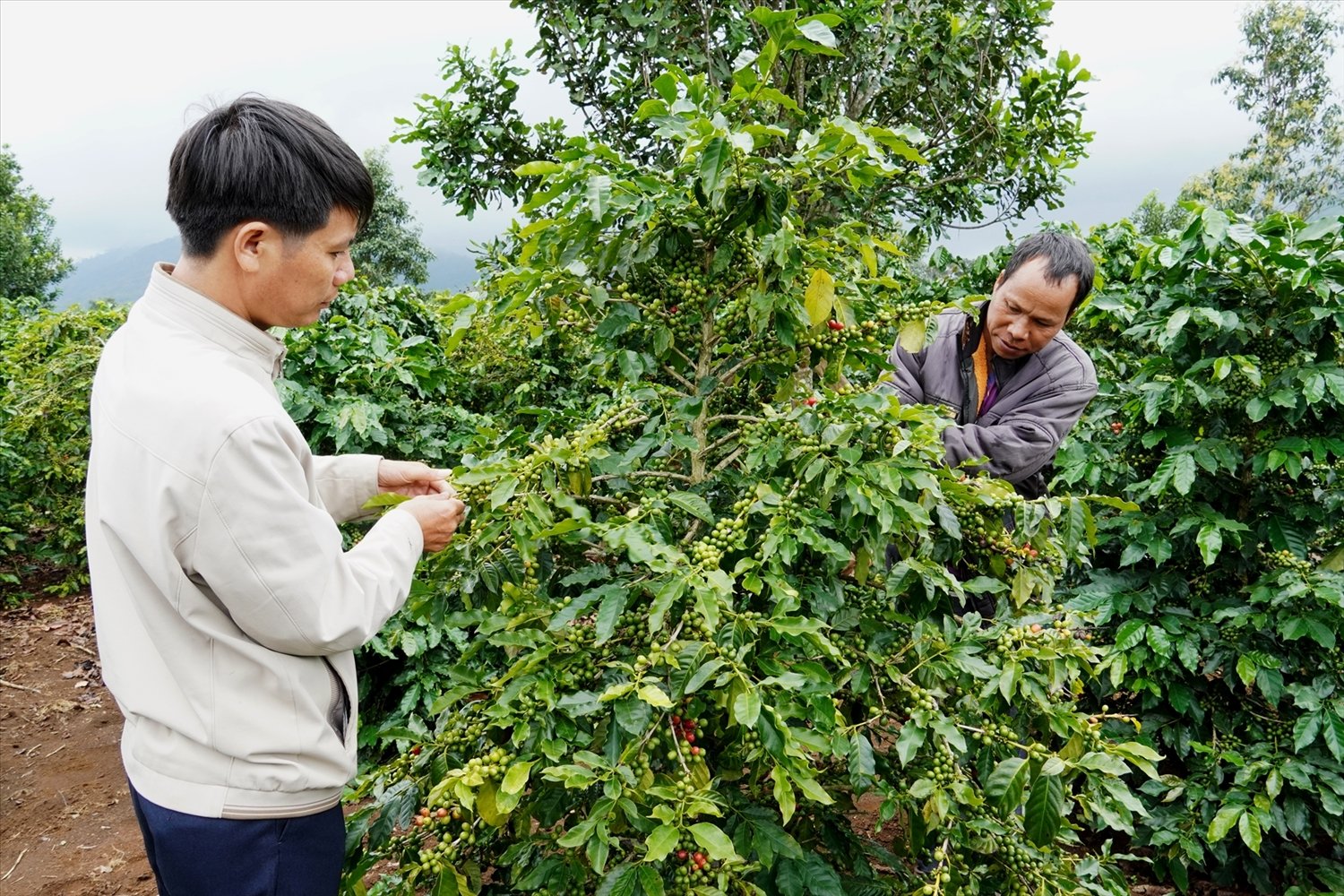
Cold-climate coffee trees have many advantages for economic development in Dak Glei district such as being easy to care for, less susceptible to pests and diseases, and providing significantly higher income than growing cassava and rice. In addition to state support resources, in recent years, ethnic minorities in Dak Glei district have proactively purchased seedlings to increase the area of cold-climate coffee in their family gardens.
Ms. Y Ly Sa, Deputy Head of the Department of Agriculture and Environment of Dak Glei district, said: To increase the area, productivity and output of cold-climate coffee trees, the Department continues to coordinate with the People's Committees of communes to promote propaganda for people to convert the area of some ineffective crops to grow cold-climate coffee trees; mobilize people to replant cold-climate coffee trees for perennial, old, and low-yield gardens.
In addition, the Dak Glei District People's Committee also directed specialized departments to strengthen coordination with functional agencies to open training courses on techniques for planting and caring for cold-climate coffee trees; promote the application of scientific advances in cultivation and production practices. Create all favorable conditions for enterprises and cooperatives to link production and consumption of cold-climate coffee products, forming a sustainable agricultural chain, avoiding the situation of private traders forcing down prices, reducing the legitimate income of ethnic minorities.
Source: https://baodantoc.vn/cay-ca-phe-xu-lanh-mo-huong-lam-giau-cho-dong-bao-dtts-huyen-dak-glei-1741666125945.htm



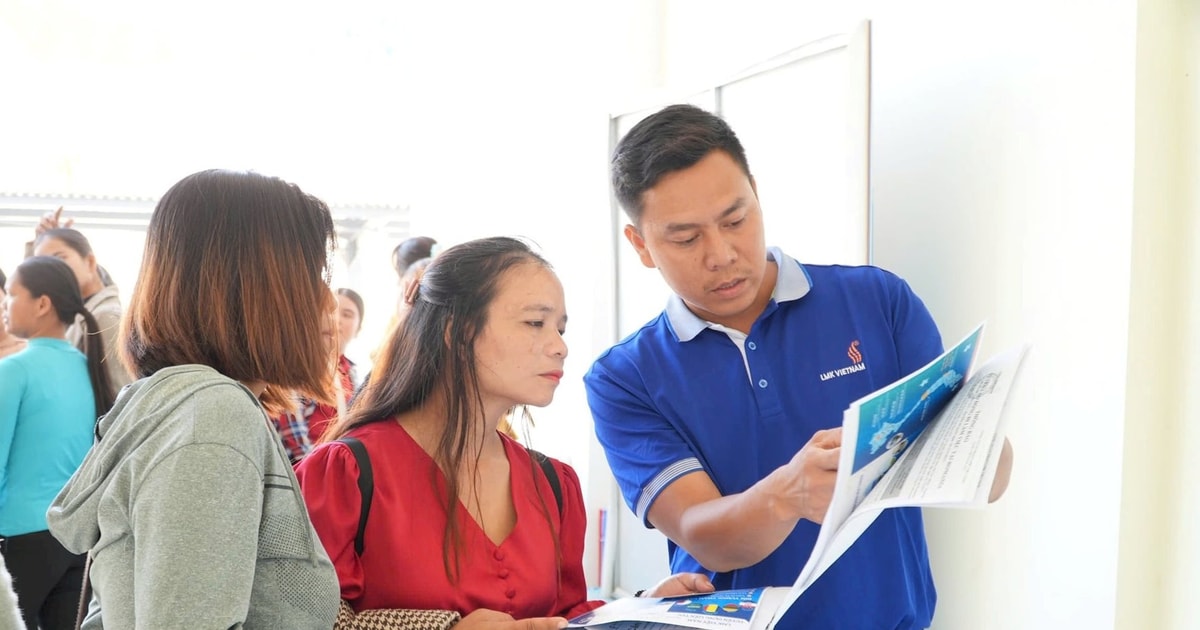
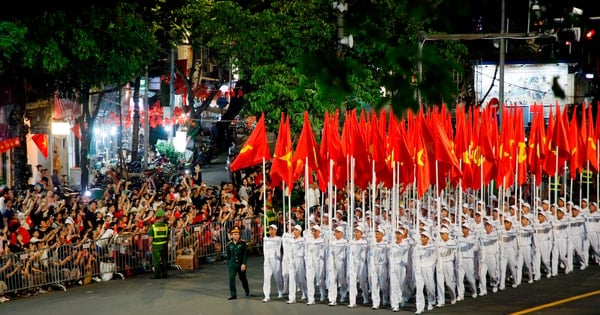
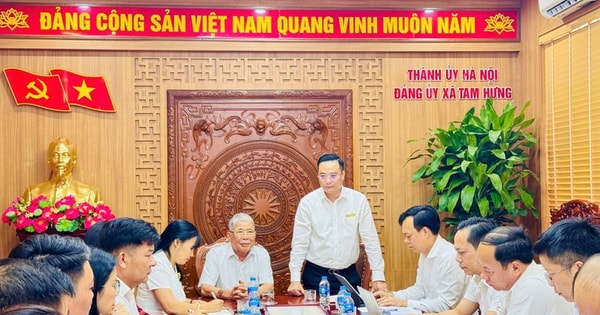
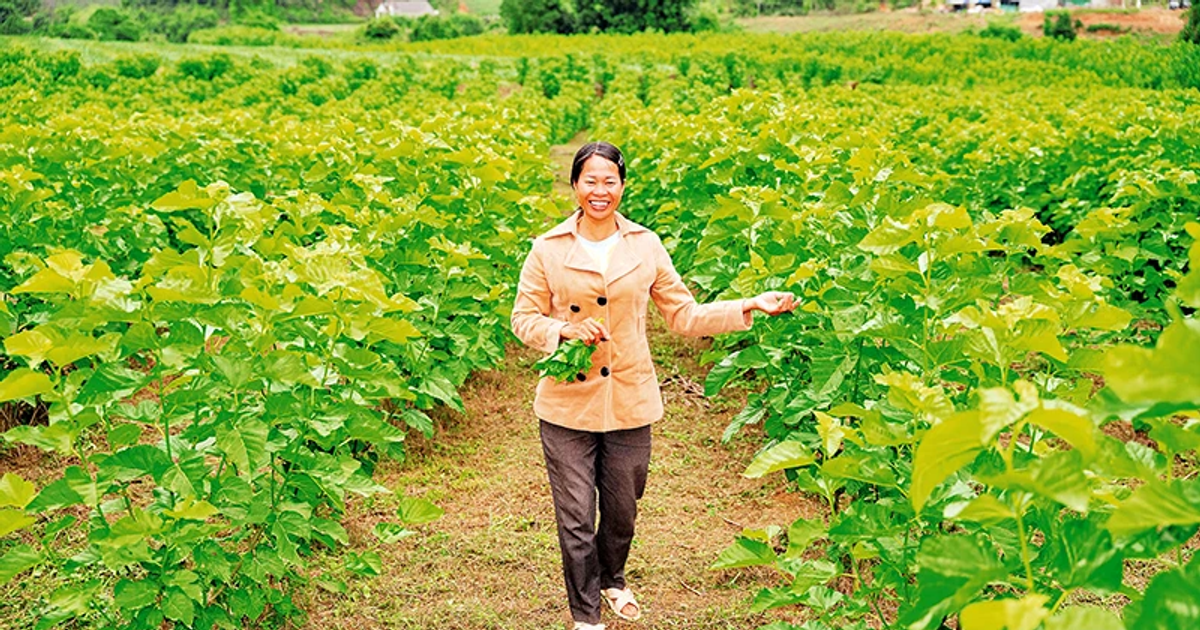
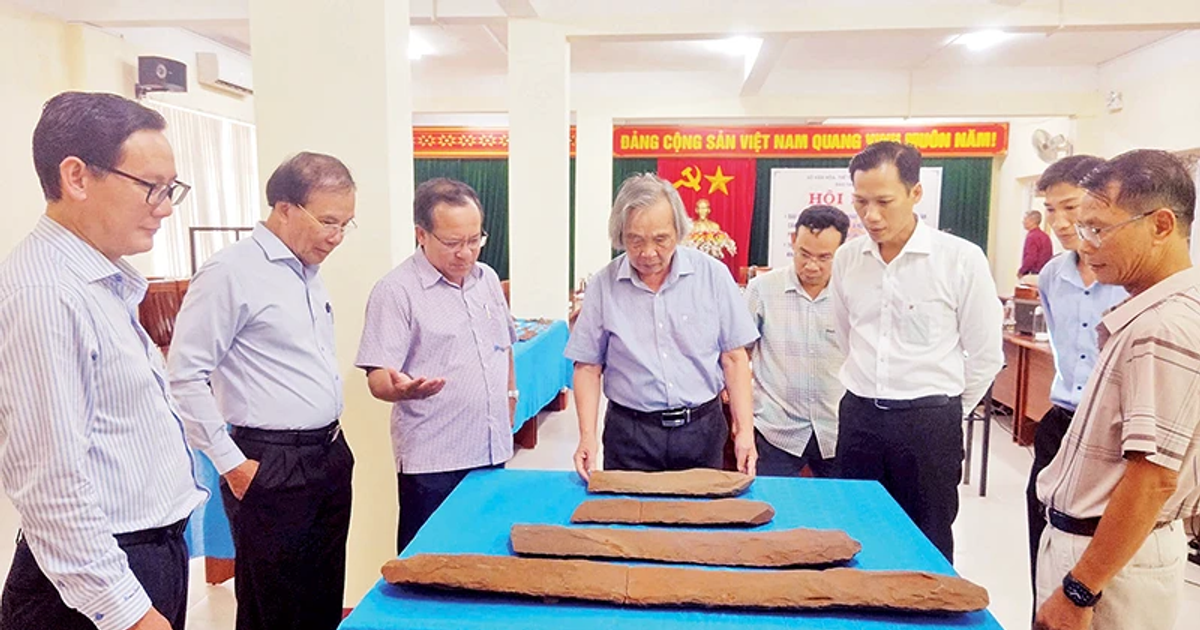

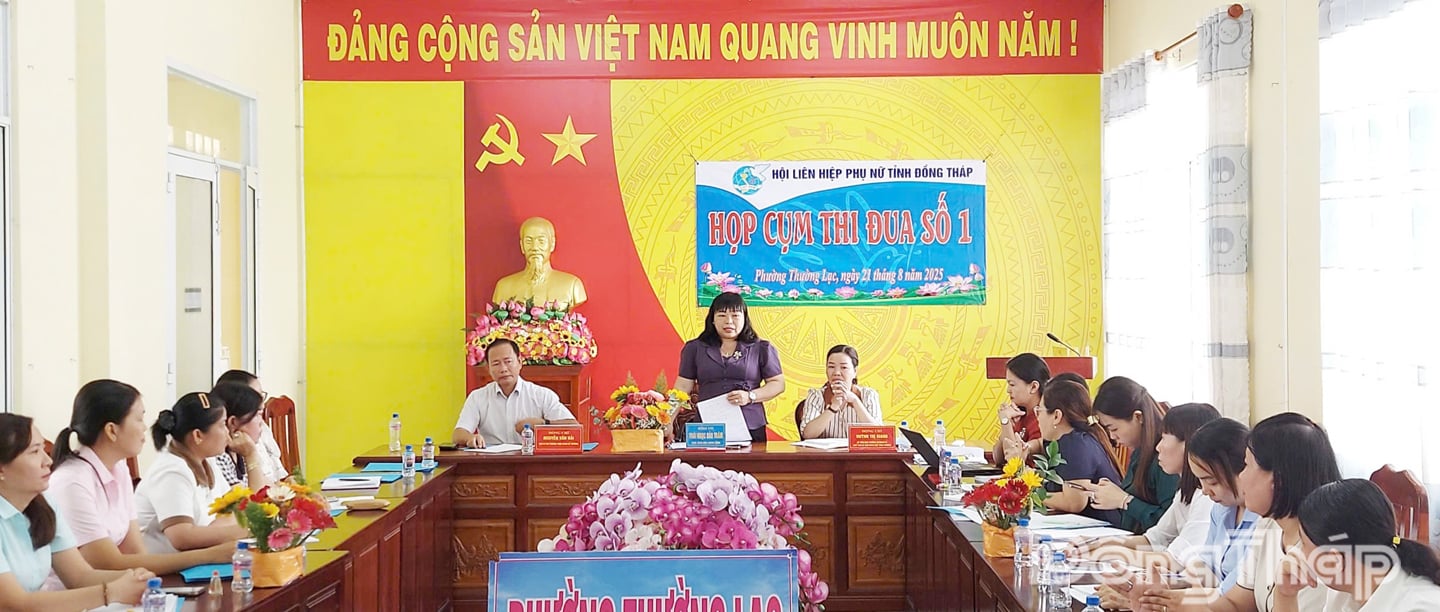

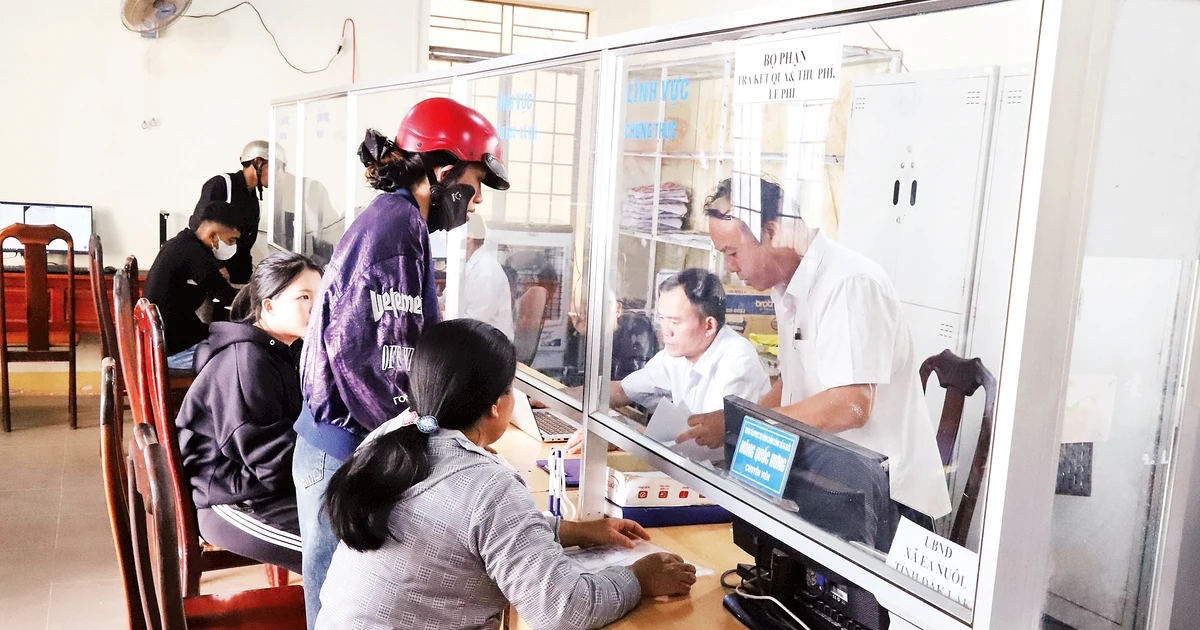
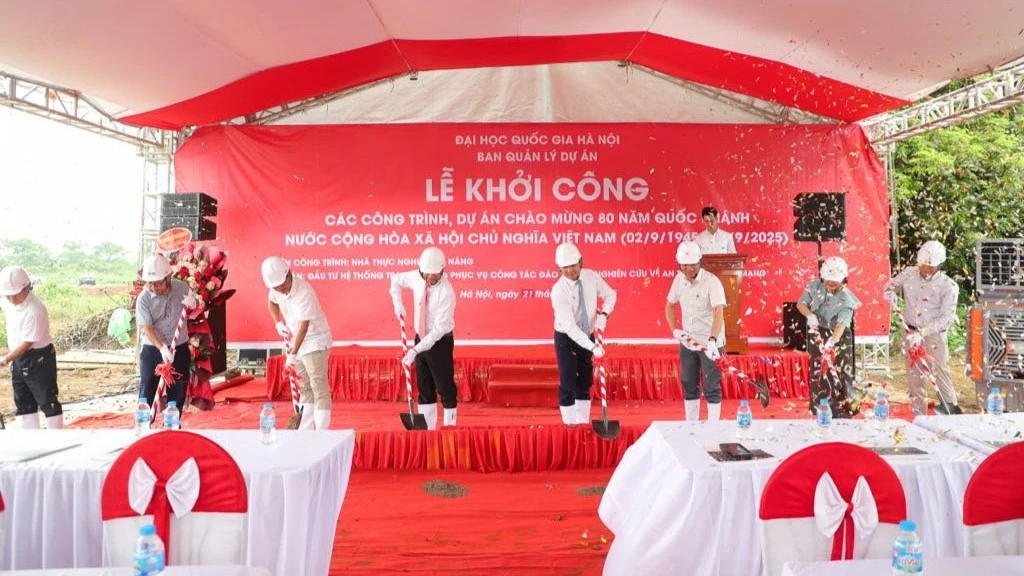












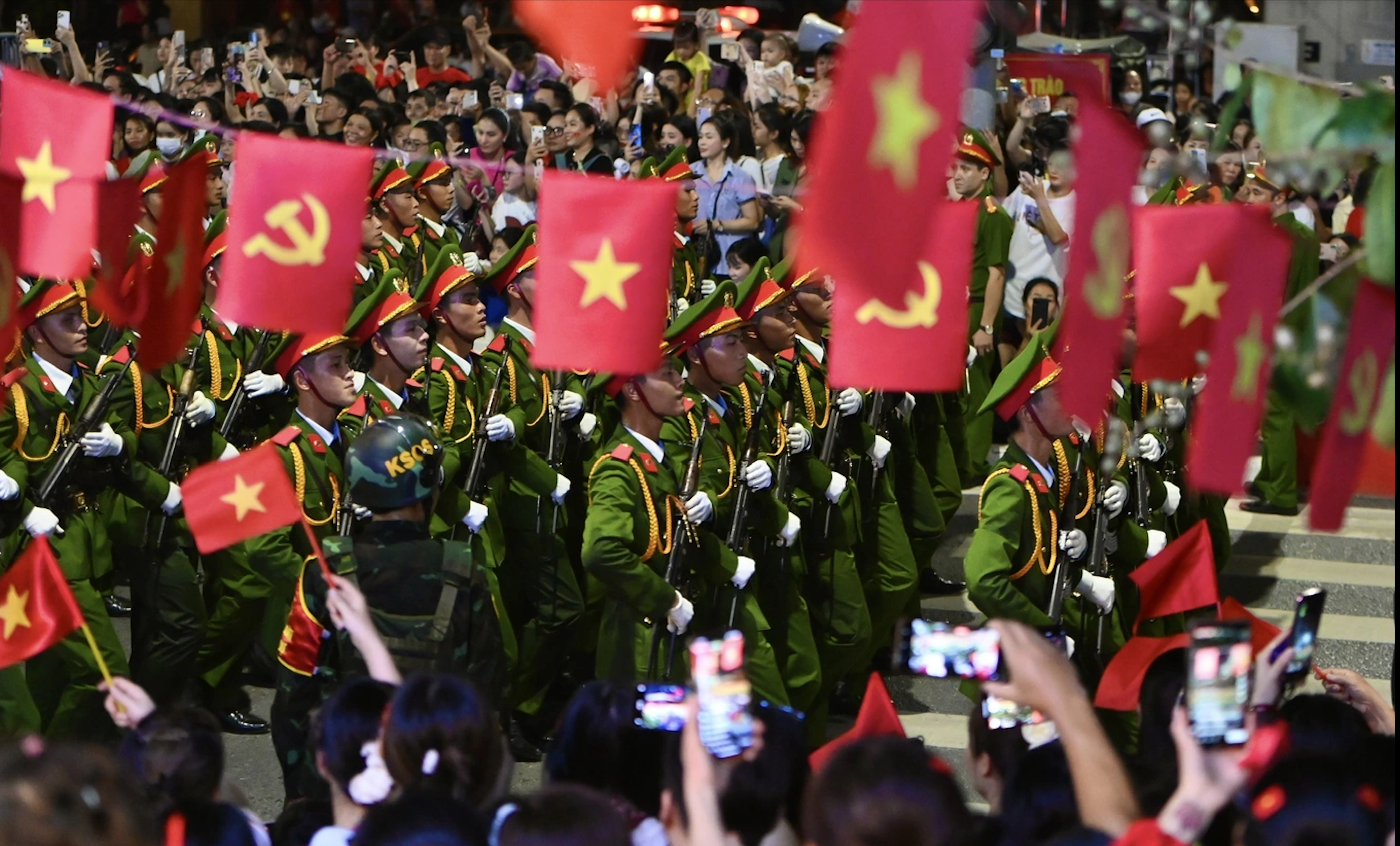
![[Photo] An Phu intersection project connecting Ho Chi Minh City-Long Thanh-Dau Giay expressway behind schedule](https://vstatic.vietnam.vn/vietnam/resource/IMAGE/2025/8/21/1ad80e9dd8944150bb72e6c49ecc7e08)





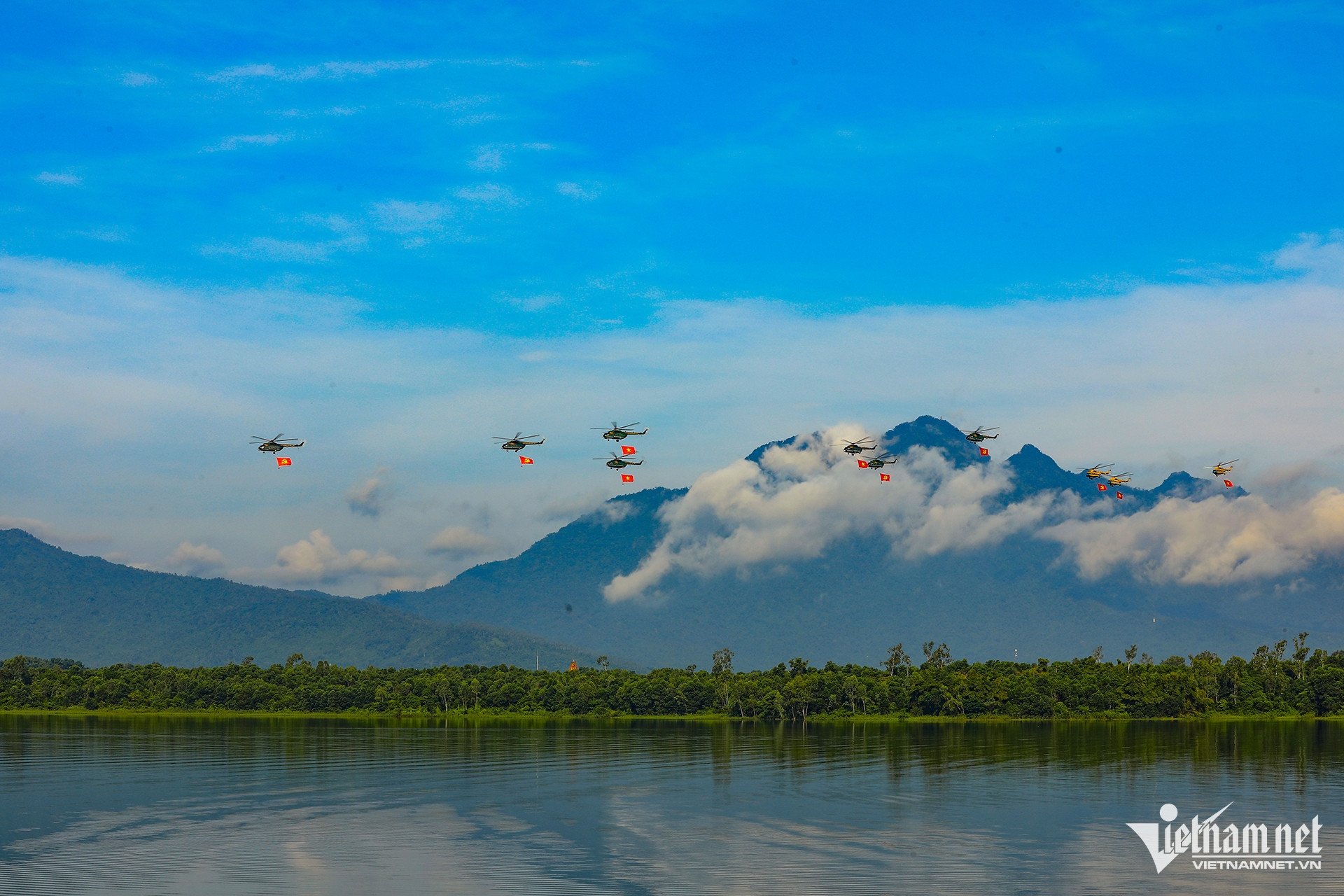































![[Photo] Politburo works with the Standing Committee of Hanoi Party Committee and Ho Chi Minh City Party Committee](https://vstatic.vietnam.vn/vietnam/resource/IMAGE/2025/8/21/4f3460337a6045e7847d50d38704355d)
































Comment (0)